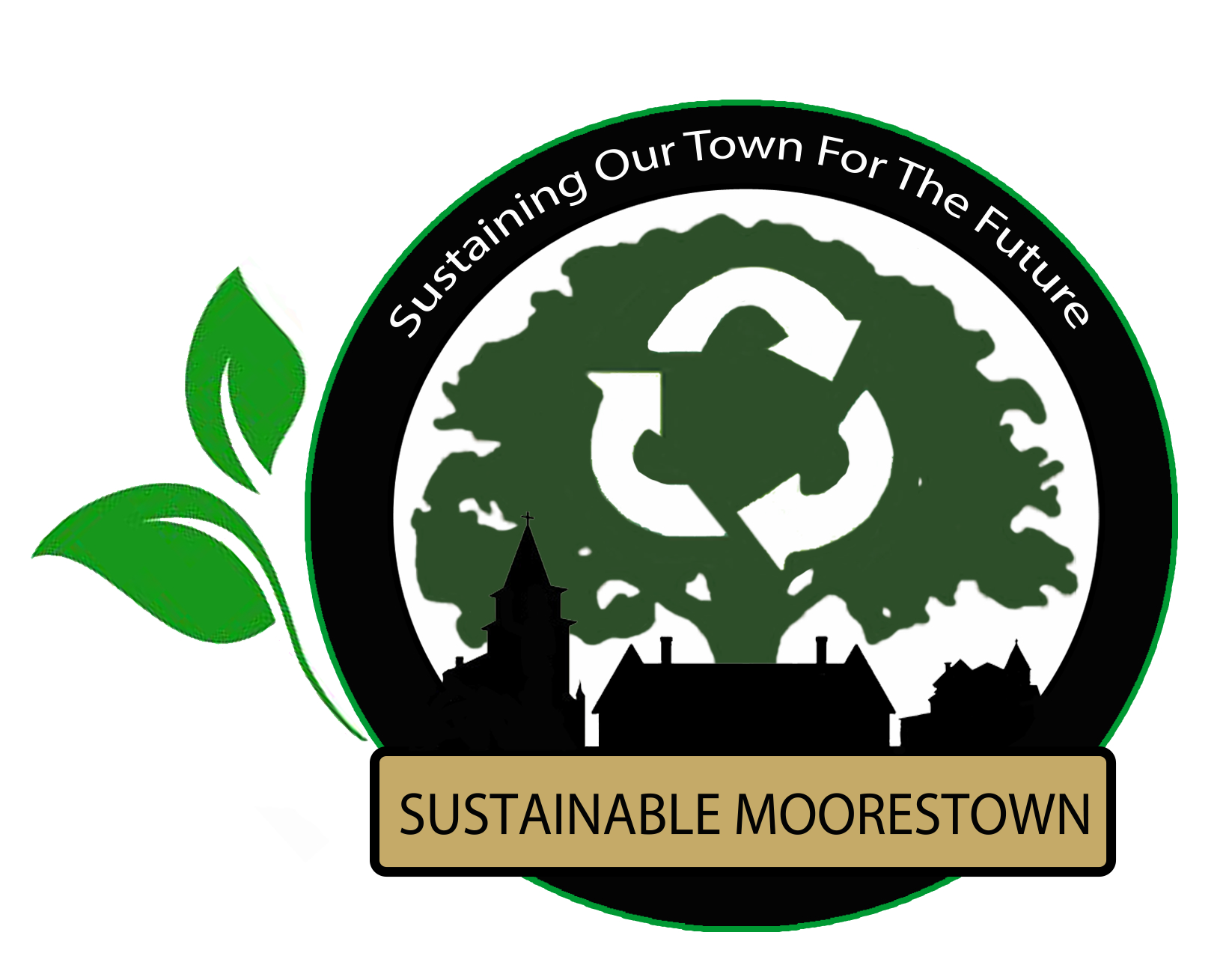Safe Prescription Drug Disposal
Safe Prescription Drug Disposal
Moorestown Township and many other municipalities host safe prescription (and veterinarian) drug disposal events throughout the year. You do not have to be a resident in the hosting town to safely dispose of prescription drugs at any disposal event. Moorestown Township conducts two (2) Prescription Drug Disposal events per year, typically in April and October. These events are administered and staffed by the Moorestown Township Police Department in coordination with the DEA Operation Take Back NJ initiative. Hundreds of residents and non-residents take advantage of these events to remove unused drugs from the home and safely dispose of them to further protect human health and the environment.
In April 2014, the Moorestown Police Department collected 133 pounds of unwanted/unused prescription drugs that were disposed safely by the DEA. That’s 133 pounds of prescription drugs kept out of reach of children and teenagers, landfills, and waterways! And that’s just one collection event, in one town, across the nation.
24/7 Drop-Off Locations
If you do not want to wait for such an event to safely dispose of unused or unwanted prescription drugs, here is a link to 24/7 drop-off sites throughout NJ: https://www.njconsumeraffairs.gov/meddrop/Pages/default.aspx
Why is Safe Prescription Drug Disposal Important?
Human Health: Each year, experts say, a growing number of teenagers quietly turn to a seemingly unlikely source to score drugs – their parents’ medicine cabinets. According to one of the most recent studies, Monitoring the Future, from the University of Michigan, between 1997 and 2007, treatment admissions for prescription painkillers increased more than 400 percent. In addition, between 2004 and 2008, the number of visits to hospital emergency department involving the non- medical use of narcotic painkillers increased 111 percent.
Environment: Additionally, drugs enter our waters from many sources. These include, but are not limited to, unused medications flushed down the toilet or poured down the drain, discharges from pharmaceutical manufacturing facilities, sewage sludge, and manure from farm animals which may be washed into our waterways by rainfall.
Pharmaceuticals and other chemical wastes have recently been detected in municipal drinking water samples nationwide because water and sewage treatment plants are unable to remove all medicines from water sources. Long and short-term effects in humans are not yet definitively known, however, research reveals short-term effects in aquatic life.
Proper pharmaceutical & veterinary drug disposal, through programs such as these, is a common sense action we can all take to protect human health, wildlife, and the environment.
For more information:
DEA Operation Take Back NJ : http://www.operationtakebacknj.com/mission.html
Take Back Your Meds: http://www.takebackyourmeds.org/dea-events
